All About the Humanitarian and Resilience Investment Initiative
The COVID-19 pandemic has had a profound impact on our global social and economic infrastructures. The World Bank predicts that the pandemic will force 88 to 115 million people into extreme poverty across the globe by 2021. It has also hindered current financing levels and the resources needed to meet the UN’s Sustainable Development Goals’ $2.5 billion annual financing gap.
Traditional humanitarian and development responses are always welcome. Still, these responses aren’t sufficient to keep up with the duration and complexity of today’s many widespread crises, which range from climate-related disasters, geopolitical conflicts, the COVID-19 pandemic and other difficulties. It’s critical we find the means to secure part of the $200 trillion in today’s privately invested funds so that donors can implement ROI-generating investments that support everyday humanitarian and developmental activities and projects.
Today, an opportunity to leverage capital is influenced by an increased desire of investors for returns accompanied by a positive social impact. According to the Global Impact Investing Network (GIIN), 72 percent of the impact investors surveyed reported that they expect to maintain or expand their portfolios in response to the pandemic.
Drawing the private sector back into markets that desperately need aid is critical for people in the public and private sectors. It will hold countries accountable for social and economic reforms and promote the development of bankable projects that create opportunities for private donors and that also meet sustainability and inclusivity goals.
Corporations, in particular, are eagerly looking for opportunities to create positive change, offering critical resources, including capital and implementation tools. Mastercard is a prime example. They have expanded their commitment to introduce 1 billion people and 50 million micro and small businesses into the digital economy by 2025.
All About The Humanitarian and Resilience Investing (HRI) initiative
The Humanitarian and Resilience Investing (HRI) initiative is a promising new investment theme focused on leveraging private capital in a way that directly supports over 2 billion vulnerable individuals and fragile communities across the globe. Launched in January 2019 at the Davos-Klosters World Economic Forum annual meeting, the initiative fosters collaboration between investors, donors, humanitarian organizations, corporations and developmental financing institutions to create a network that serves as a catalyst for the HRI initiative.
The initiative is chaired by the World Economic Forum (WEF), the Netherlands, the International Committee of the Red Cross, Credit Suisse, and the World Bank Group. Additional support is provided by IMD Business School and Boston Consulting Group.
HRI’s Three Main Objectives
Among the initiative's focus, three interconnected objectives reinforce its goals.
The first objective is to develop proof-of-concept projects that effectively utilize investor capital to create resilient communities or individuals. This objective can be used as an example for other investors in a border HRI ecosystem and those focusing on food and agriculture, WASH, and energy.
Secondly, this initiative strongly upholds the expertise and capability of donors, humanitarian advocates and development players who can catapult the impact of private investment by sharing developmental tools, data and other resources.
Finally, popularizing and bringing awareness to the Humanitarian and Resilience investing theme should be a significant focus for the players involved. Through this initiative, investors can identify the deal and portfolio structures that work amongst fragile communities, and include disclosure standards that help measure impact.
Inevitably challenges will arise, but action must be taken to help support vulnerable communities that are harboring the greatest impacts from COVID-19 so that we can prevent a reversal of the humanitarian progress completed over the past decades.

